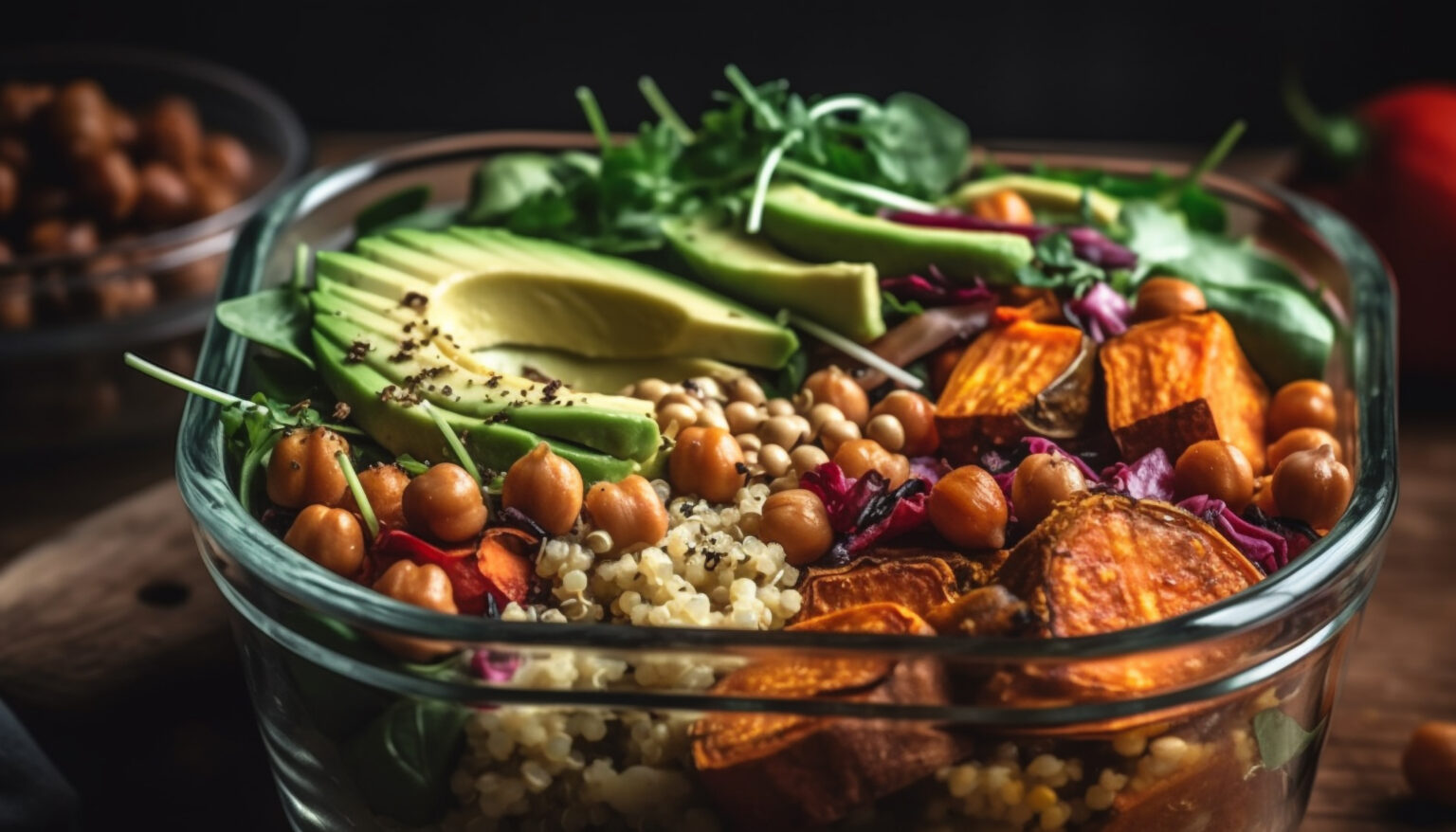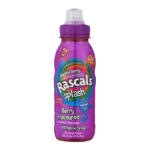When it comes to fuelling the body for athletic performance and maintaining a healthy lifestyle, protein plays a crucial role. Traditionally, athletes and fitness enthusiasts have relied heavily on animal-based protein sources like meat, eggs, and dairy products. However, there has been a growing shift towards plant-based proteins in recent years, driven by concerns about sustainability, ethical considerations, and the health benefits associated with a more plant-focused diet.
For those who follow a flexitarian diet, which emphasises plant-based foods while still allowing for occasional meat consumption, incorporating plant-based proteins can be a game-changer. By diversifying protein sources and incorporating more plant-based options, athletes and fitness enthusiasts can reap numerous benefits for their performance, recovery, and overall well-being.
One of the main concerns people have when considering plant-based proteins is whether they can provide sufficient amino acids to support muscle growth and repair. The good news is that a well-planned flexitarian diet can absolutely meet the protein needs of athletes and fitness enthusiasts. While animal-based proteins are considered complete proteins, containing all the essential amino acids, plant-based proteins can be combined strategically to achieve the same result.
A variety of plant-based protein sources can be included in a flexitarian diet. Legumes such as lentils, chickpeas, and black beans are excellent sources of protein, fibre, and other essential nutrients. They can be used in a wide range of dishes, including salads, soups, and stir-fries. Tofu and tempeh, made from soybeans, are versatile plant-based proteins that can be grilled, sautéed, or added to stir-fries and sandwiches.
Quinoa, a grain-like seed, is considered a complete protein and can be used as a base for salads or served as a side dish. Nuts and seeds, such as almonds, chia seeds, and hemp seeds, provide protein, healthy fats, and micronutrients. They can be sprinkled on top of yogurt, added to smoothies, or enjoyed as a snack.
Furthermore, there is a growing market for plant-based protein powders, which can be easily incorporated into shakes and smoothies. These powders are typically derived from sources like pea protein, rice protein, or hemp protein. They offer a convenient and efficient way to boost protein intake, particularly after intense workouts when rapid muscle recovery is essential.
Aside from meeting protein needs, incorporating plant-based proteins into a flexitarian diet offers several other advantages. Plant-based proteins are generally lower in saturated fats and cholesterol compared to animal-based proteins, making them heart-healthy choices. They are also rich in dietary fibre, which aids digestion and promotes satiety, supporting weight management goals.
Moreover, plant-based proteins are often accompanied by an array of phytonutrients, antioxidants, and anti-inflammatory compounds. These beneficial plant compounds contribute to reducing inflammation, enhancing recovery, and supporting overall health and longevity. Studies have shown that a diet rich in plant-based proteins can lower the risk of chronic diseases, including heart disease, type 2 diabetes, and certain types of cancer.
As with any dietary change, it is essential to ensure adequate intake of all essential nutrients when incorporating more plant-based proteins. Athletes and fitness enthusiasts should focus not only on protein but also on consuming a variety of whole plant foods to meet their overall nutritional needs. Monitoring nutrient intake, particularly vitamins B12 and D, iron, zinc, and omega-3 fatty acids, is crucial to maintain optimal health and performance.
Incorporating plant-based proteins into a flexitarian diet is a smart choice for athletes and fitness enthusiasts. By diversifying protein sources and exploring the wide range of plant-based options available, individuals can meet their protein needs, enhance their performance, and support their overall health and well-being. Whether it’s through legumes, tofu, quinoa, nuts, or plant-based protein powders, there are plenty of delicious and nutritious choices to explore on the journey to a more sustainable and plant-focused lifestyle.








